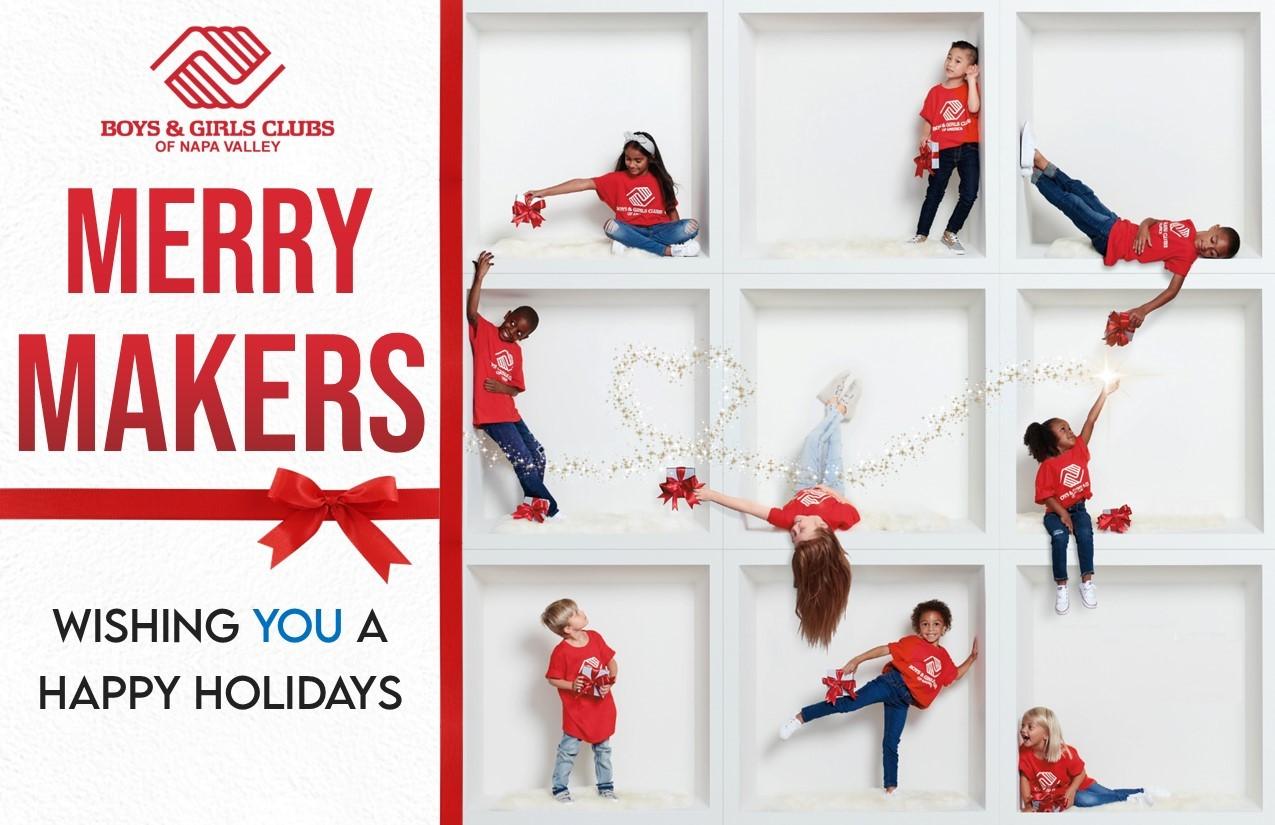
4 minute read
It's Kind of Polite
As kids we are often taught to mind our manners. To say please and thankyou. To speak respectfully with our elders. Being polite is a core part of thriving in modern society, but reinforcing social expectations without a framework of kindness leads to adults who often remember to say “please” and “thank you” as a rule but fail to use these tools to invest in relationships upon which communities are built.
Politeness and kindness are often used interchangeably in our everyday conversations, but in reality, they are two distinct concepts with different implications. While politeness is focused on adhering to social norms and customs, kindness is centered on the genuine concern for others' well-being.
As parents and caregivers, it's crucial that we model kindness to our children. Kindness is a powerful force that can have a transformative impact on our relationships and society as a whole. When we prioritize kindness in our interactions, we create a culture of empathy, respect, and understanding.
Politeness may help us navigate social situations, but kindness is what truly connects us to one another. When we show kindness, we recognize that every person has inherent value and deserves to be treated with compassion and dignity. This is especially important for children, as they are still developing their sense of self and their place in the world.
When we model kindness for our children, we teach them how to be caring, empathetic, and inclusive. We show them that it's possible to disagree with someone while still treating them with respect and compassion. We also demonstrate that it's okay to make mistakes and apologize when we've hurt someone, and that forgiveness and understanding are essential components of healthy relationships.
In a world that can often be harsh and divided, kindness is a beacon of hope. It allows us to build bridges instead of walls, to see the humanity in others instead of their differences. When we prioritize kindness in our interactions with our children and with others, we create a better world for ourselves and future generations.
From the Boys & Girls Club perspective, family life depends on the strength of daily routines, which helps parents manage their children's behavior and builds the framework for their future. The Club encourages families to incorporate small, daily changes to cultivate kindness and compassion in children. Here are nine ways to raise kind kids:
1. Make time for an early morning pause: Wake up children half an hour earlier than necessary to allow for a slower pace, and share goals for the day. Tuning into the world around you can provide a sense of well-being, and research shows that teaching children
to think positively about themselves improves self-compassion and pro-social behavior.
2. Adopt empowering refrains: Encourage kind kids with phrases that are specific and honest. Children can detect insincerity, so it's important to use these phrases authentically.
3. Celebrate acts of kindness in a concrete way: Foster new habits and reach difficult goals by letting your family know that kindness and helping others is a priority. Try making a visual display with a Kindness Quilt printable or make time each day to ask, "Who did you help today?" and "Who helped you?"
4. Play together daily: Reserve a half-hour after dinner to play, which gives your family a chance to shed the day's stress and reset your minds and bodies for tomorrow. These moments of intentional joy will make it easier to share compassion tomorrow.
5. Add a recurring volunteer effort to the calendar: Regular volunteering with your child gives them a strong sense of empowerment and translates into the courage to stand up for others when social conflict arises.
6. Cut down on unsupervised weekday screen time: The most essential learning tool of childhood is play, and reducing screen time helps kids to be kids. Encourage children to climb trees, build epic Lego towers, and talk with siblings and neighbors.
7. Seek out one good news story to share each day: Research shows that alarming news stories can cause emotional depletion and a greater sense of apathy and cynicism. Sharing one good news story each day can help to counteract this negativity.
8. Model kindness: Parents should model kindness and compassion, as children learn best by example.
9. Make time for family traditions: Family traditions create a sense of belonging and make childhood memorable. They can be simple or elaborate, but the important thing is to make time for them.
The Boys & Girls Club believes that small, daily changes can have a big impact on cultivating kindness and compassion in children. That’s a core part of our strategy in our mission to connect kids to great futures. And these practices can help to create a positive and supportive family environment.










